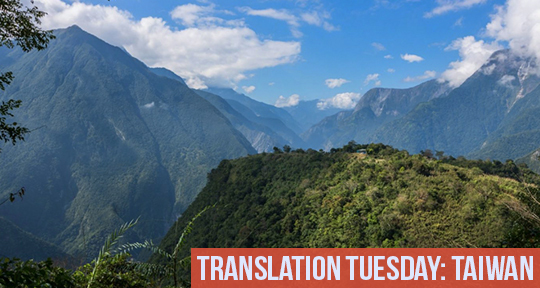Franz Kafka’s gigantic presence in the world of letters is undeniable, yet looking back along the labyrinthine volutes of history, one perceives distinctly the figure of a man who would likely be horrified at the depth and breadth by which we known his work. Having famously insisted that his texts be burned after his death, a betrayal by a close friend led to the remarkable corpus we freely access today. Since then, Kafka’s writings have undergone a dramatic escalade of ownerships, resulting most recently in its comprehensive release by the National Library of Israel. In the following essay, Samuel Kahler traces the events that led to Kafka’s legacy, delineating a writer’s intentions as they come up against the voracious appetites of the world.
“I write differently from what I speak, I speak differently from what I think, I think differently from the way I ought to think, and so it all proceeds into deepest darkness.”
—Franz Kafka
Part of the appeal of reading Kafka (or the madness, depending on who you ask) stems from the durability of the stories, parables, and novellas—their infinite resistance to decisive analysis enduring even after multiple readings. The texts evoke the quotidian anxieties of the modern age, achieving their incomparable effect by leaning into varied traditions of folklore, parable, horror, and the absurd, paradoxically balancing the polarities of universal relatability and a resistance against fixed interpretations. Can a body of work so ripe—so bursting with potential meanings—possibly be pigeonholed with a singular definition? To attempt a conclusive, complete answer—something like a grand unified theory of Kafka—would be the errand of a well-meaning but misguided fool.
Inseparable from the question, and equally difficult to answer, is another problem: namely, that of deciding which works belong in his official catalog and which do not. Mostly, we owe this state of affairs to a complex series of events that began with the discovery of Kafka’s will and continued onward through the next nine decades, through the many publications of his works and, later, the battles over his archival materials and the significance of the contents contained therein.
When the National Library of Israel released its newly digitized Franz Kafka collection this spring, it signified the end of a prolonged conflict over its acquisition. Yet, the collection’s publication does not portend a satisfying resolution for any facet of Kafka’s legacy; rather, it throws the spotlight on academia and the public at large, exposing our continued desire to make something concrete out of Kafka, despite his enigmatic condition.
Kafka’s posthumous drama—call it a tragedy, a passion play, a farce, or what you will—remains an unresolved mess, even after the curtain has supposedly come down. READ MORE…



